Research
-

Gore tapped for prestigious lecture named for MRI co-inventor Lauterbur
The relatively brief history of medical MRI is riddled with failed predictions, according to University Professor John Gore, founding director of the Vanderbilt University Institute of Imaging Science. Bold statements about the optimal magnetic field and the limits of magnet strength were way off. In 1982 one researcher concluded MRI was useful for imaging the... Read MoreJun 1, 2021
-
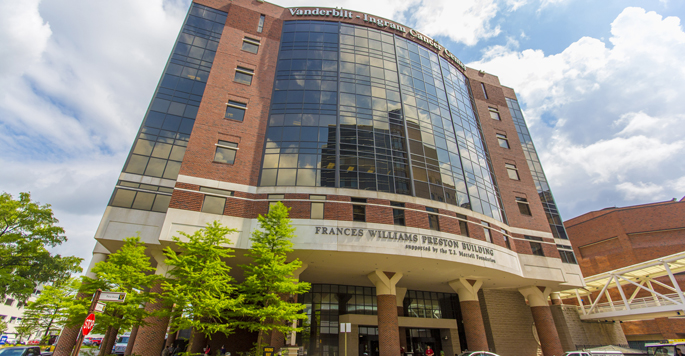
Vanderbilt researchers present new data on clinical trials at ASCO 2021
Vanderbilt-Ingram Cancer Center researchers will present data on clinical trials involving targeted therapies, immunotherapies and drug combination synergies at the 2021 American Society of Clinical Oncology Annual Meeting, June 4-8. The meeting is a virtual event this year. Read MoreMay 26, 2021
-

Heat for hypertension in autonomic failure
Heat therapy could offer a novel nonpharmacologic approach for treating the overnight hypertension that affects patients with autonomic failure. Read MoreMay 25, 2021
-
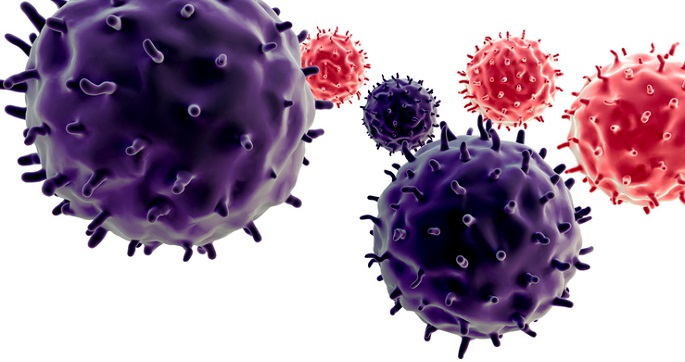
Analysis reveals macrophages associated with kidney cancer recurrence
A white blood cell, the TREM2/APOE/C1Q-positive macrophage, has been identified as a potential biomarker to predict recurrence of the most common type of kidney cancer and as a possible target for drug development. Read MoreMay 24, 2021
-
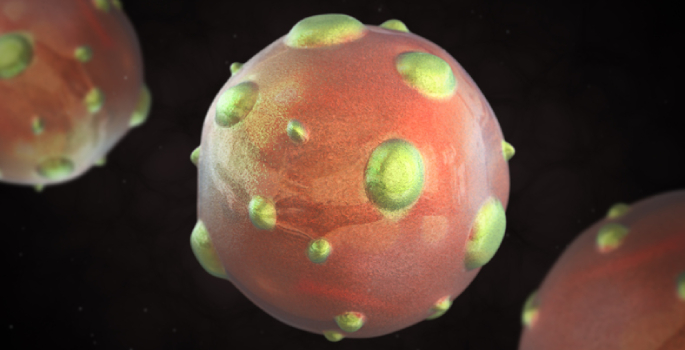
Therapeutic antibodies for hantavirus
Vanderbilt Vaccine Center researchers have isolated monoclonal antibodies against hantaviruses, an emerging source of human disease with pandemic potential. Read MoreMay 24, 2021
-
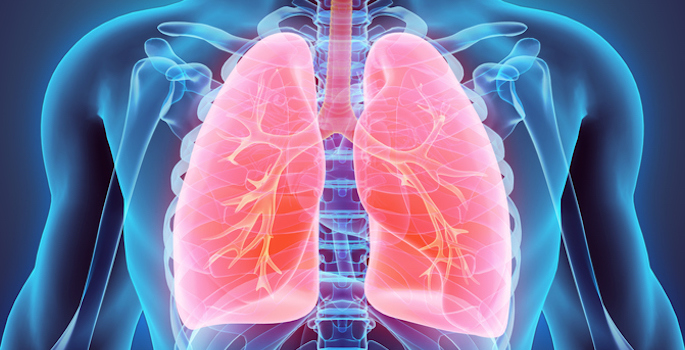
New clue to lung scarring
Vanderbilt neonatology team pinpoints signaling pathways involved in the progressive lung fibrosis that occurs in rare genetic diseases. Read MoreMay 20, 2021
-

Beta cell regeneration
Vanderbilt researchers dissected the complex microenvironment of the pancreatic islet to discover the signals that drive beta cell regeneration — as a possible treatment for diabetes. Read MoreMay 20, 2021
-

People at high genetic risk for colorectal cancer benefit more from lifestyle changes
People with a high polygenic risk score for colorectal cancer could benefit more at preventing the disease by leading healthy lifestyles than those at lower genetic risk, according to a study by Vanderbilt researchers published in the April issue of The American Journal of Clinical Nutrition. Read MoreMay 13, 2021
-

Work named 2021 Chancellor Faculty Fellow
Daniel Work, associate professor of civil and environmental engineering, has been named a Chancellor Faculty Fellow. He is one of nine highly accomplished, recently tenured faculty in the 2021 Chancellor Faculty Fellow cohort, which will meet as a group during their two-year fellowships to exchange ideas on teaching and research and engage in academic leadership... Read MoreMay 12, 2021
-

Work named 2021 Chancellor Faculty Fellow
Daniel Work, associate professor of civil and environmental engineering, has been named a Chancellor Faculty Fellow. He is one of nine highly accomplished, recently tenured faculty in the 2021 Chancellor Faculty Fellow cohort, which will meet as a group during their two-year fellowships to exchange ideas on teaching and research and engage in academic leadership... Read MoreMay 12, 2021
-

Work named 2021 Chancellor Faculty Fellow
Daniel Work, associate professor of civil and environmental engineering, has been named a Chancellor Faculty Fellow. He is one of nine highly accomplished, recently tenured faculty in the 2021 Chancellor Faculty Fellow cohort, which will meet as a group during their two-year fellowships to exchange ideas on teaching and research and engage in academic leadership... Read MoreMay 12, 2021
-

Soldier-Inspired Innovation Incubator team advances to finals for $500,000 xTechBOLT prize
By Jenna Somers During battle, many soldiers who become wounded find themselves at the mercy of another soldier’s medical training, hoping beyond hope that the soldier administering aid will remember their training well enough to save the wounded soldier’s life. Under such duress, recalling the details of medical training could be difficult, and the failure... Read MoreMay 7, 2021
-

Soldier-Inspired Innovation Incubator team advances to finals for $500,000 xTechBOLT prize
By Jenna Somers During battle, many soldiers who become wounded find themselves at the mercy of another soldier’s medical training, hoping beyond hope that the soldier administering aid will remember their training well enough to save the wounded soldier’s life. Under such duress, recalling the details of medical training could be difficult, and the failure... Read MoreMay 7, 2021
-

VUMC to lead national study to treat severe COVID complications
The Vanderbilt Institute for Clinical and Translational Research (VICTR) has been awarded a major federal grant to lead a national trial of treatments targeting the Renin Angiotensin Aldosterone System (RAAS) in patients hospitalized with COVID-19. Read MoreMay 6, 2021
-

Vanderbilt graduate researcher awarded prestigious $161,000 U.S. Department of Energy grant
Irfan Ibrahim The U.S. Department of Energy’s Office of Nuclear Energy has awarded an Integrated University Program fellowship grant of $161,000 to environmental engineering graduate research assistant Irfan Ibrahim to further his work on nuclear reactor safety. The office’s awards provide 50 scholarships and 31 fellowships for nuclear scientists and engineers at 35 colleges and... Read MoreMay 5, 2021
-

Vanderbilt graduate researcher awarded prestigious $161,000 U.S. Department of Energy grant
Irfan Ibrahim The U.S. Department of Energy’s Office of Nuclear Energy has awarded an Integrated University Program fellowship grant of $161,000 to environmental engineering graduate research assistant Irfan Ibrahim to further his work on nuclear reactor safety. The office’s awards provide 50 scholarships and 31 fellowships for nuclear scientists and engineers at 35 colleges and... Read MoreMay 5, 2021
-

New strategy to treat brain bleeding
Vasorelaxing peptides could offer a promising therapeutic strategy for reducing the neurological deficits caused by subarachnoid hemorrhage-induced cerebral blood vessel constriction. Read MoreMay 4, 2021
-

Strength in numbers
Voluntary data sharing across a region’s health systems and ambulatory care practices is important for measuring and improving health care quality and safety, Vanderbilt researchers report. Read MoreMay 3, 2021
-
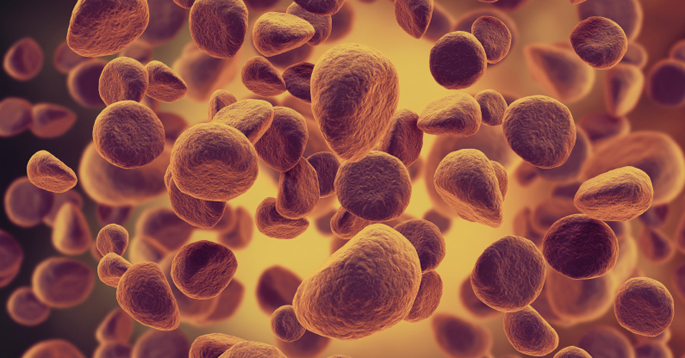
New therapeutic strategy for leukemia syndrome
Using primary cells from patients with chronic myelomonocytic leukemia, Vanderbilt researchers found synergistic inhibition of cell viability and proliferation, suggesting a new treatment strategy. Read MoreApr 20, 2021
-

VUMC aids national effort to repurpose drugs for COVID-19
Vanderbilt University Medical Center (VUMC) has been named Data Coordinating Center (DCC) for a nationwide platform of studies aimed at “repurposing” existing drugs to treat mild to moderate symptoms of COVID-19. Read MoreApr 19, 2021